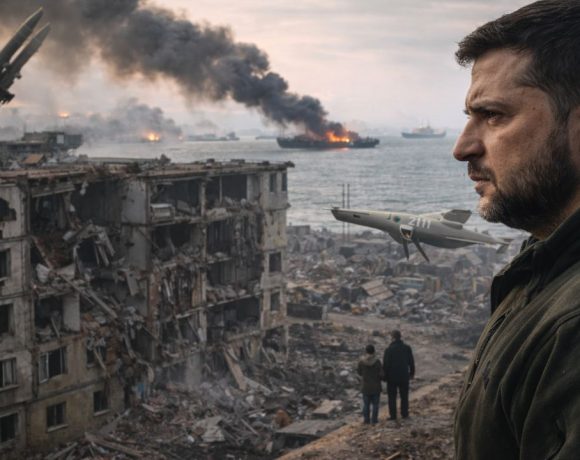
U.S. President Donald Trump has threatened to halt all trade with Spain after Madrid refused to allow American forces to use its military bases for operations linked to strikes on Iran. Speaking during a meeting with German Chancellor Friedrich Merz, Trump said he had instructed U.S. officials to consider cutting off economic dealings with Spain, accusing the NATO ally of failing to support U.S. security objectives and defence commitments.
The dispute follows Spain’s decision to deny the use of the Rota and Moron air bases for Iran-related military missions, prompting the relocation of U.S. aircraft stationed there. Trump also criticised Spain for not meeting proposed NATO defence spending targets and argued that U.S. law could allow trade restrictions or embargoes under emergency powers. However, legal experts noted that imposing a full trade embargo would require declaring Spain an extraordinary national security threat — a move considered difficult to justify.
Spain responded by stressing respect for international law, private business autonomy, and existing European Union trade agreements with Washington. Madrid said it was prepared to manage any economic impact while continuing to support free trade. Spain exports products such as olive oil, auto parts, steel, and chemicals to the U.S., though America currently maintains a trade surplus with Spain, highlighting the broader economic stakes of the escalating diplomatic tension.
Pic courtesy: google/ images are subject to copyright









